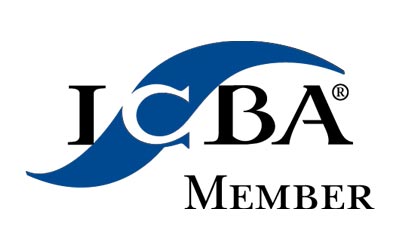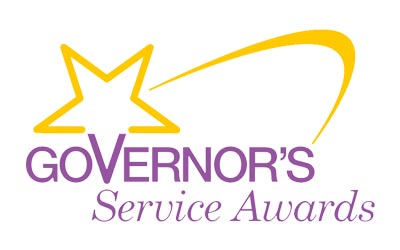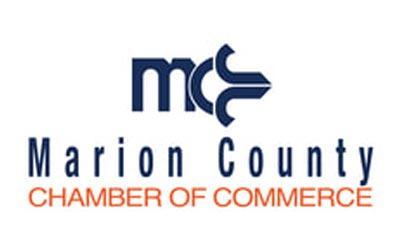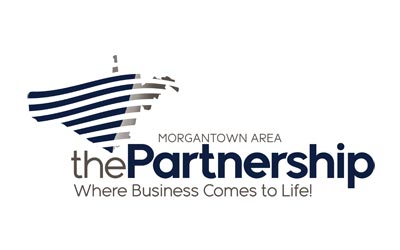Early Family Planning for Elder Parents
Having conversations and early planning for aging parents can help you focus on caregiving rather than stressing about finances.
It will eventually happen to all of us; recognize our parents are getting older, and the time may come when you, your siblings, and family, will have to step in and help care for parents. Each family’s situation is different, but the one common factor will always be how to manage aging parents’ finances.
While at the surface it might feel scary and sad, the reality is the sooner you start the conversation, create a plan, and ensure all legal documents are in place the more time you have to enjoy with aging parents.
Since 1932, First Exchange Bank has been helping residents of West Virginia achieve their financial goals with the heart of a community bank. Whether you are a current customer or considering opening an account in branch at one of our 7 locations or online anywhere, anytime, we are here to listen and help you prepare for managing aging parents’ finances when the time comes.

Having the “Good” Conversation
You read that right, having the “good” conversation. Most people feel uncomfortable or think it’s a bad thing to start talking to your parents now about their finances and start planning. According to a CNBC report, 56% of Americans say their parents never discussed money with them. Boomers in particular don’t have or consider a financial plan necessary, but without a plan families can find themselves in difficult situations down the road.
There are ways to manage the conversation, so it doesn’t feel overwhelming to you or your parents. Some tips from experts include:
- Go slow – start with basic conversations, including sharing how your own estate planning is going to help move the conversation to parents
- Be direct – don’t try to sugarcoat topics such as final wishes and burial, be direct and honest
- Ask questions over time – topics such as wills and other documents might be a challenge for some to answers, so spread questions out
Get Everything in Writing
A verbal promise or agreement to your parents’ wishes isn’t enough. You need to ensure that everything is documented and legally recognized. This can be anything from Wills to Power of Attorney. There are various documents you may need to protect you and your parents’ finances and final wishes. These include:
- Wills – ensure it is updated with your parents’ wishes
- Power of Attorney – legal document that gives a person the ability to make decisions or sign documents on behalf of someone
- Health Care Provider Surrogate – gives authority to a person to make medical decisions
- Designate Beneficiaries – ensure that the correct people are listed as beneficiaries for all account (e.g. checking, savings, retirement, etc.) to avoid probate
Review our estate planning resources and make this part of your conversations with your aging parents.

Probate vs. Non-Probate
This is one topic that if not discussed can lead to legal hurtles down the road, and many people are not aware of the difference. Here is a simplified explanation:
- Probate – an asset that is solely owned by an individual at time of death, and is part of a court-supervised closing of an estate
- Non-Probate – and asset that is jointly owned by a benefactor and is not subject to the court-supervised estate closing, including assets transferrable or payable on death
The main lesson here is to ensure everything is non-probate prior to the passing of a parent to ensure a smooth estate closing. We can help break down the types of assets you should assign beneficiaries to in order to avoid Probate. The most common assets are:
- Home and Property
- Bank Accounts, including retirement accounts
- Life insurance policies
- Automobile titles
Talk with your parents about all assets within their estate and ensure they have assigned a beneficiary to all accounts.
Planning for Medical and Assisted Living Expenses
After you and your parents agree on the topics we covered above, it’s now time to start thinking about medical expenses and possibly assisted living expenses. Similar to having a conversation about finances and beneficiaries, knowing any long-term medical expenses can help you plan for the future. Consider the following topics:
- Medicaid or Medicare coverage – understand which plans your parents have, what it covers including deductibles, prescription cost, and any potential out-of-pocket expenses
- Current monthly medical-related expenses – know how much your parents pay each month for all medical expenses
- Meet with primary care provider – ask your parents for a consultation with their primary care provider to discuss current health conditions
- Ask about assisted living – many aging parents don’t want to think about possibly needing assisted living, but now is the time to explore hypothetical situations
The West Virginia Bureau of Senior Services has resources that can help you have more informed conversations and even plan better for when the time may come for assisted living.

Final Expenses Planning
Discussing your parents’ final expenses is probably the most difficult conversation to have but is nonetheless important. By framing the conversation as a way of honoring their final wishes, you can shift the conversation to be more positive. It can also help you budget if your parents haven’t set aside funds. The average funeral costs are between $7,000 to $12,000.
Resources like this The Legacy Conversation: Talking About Funeral Arrangements article gives practical advice for starting the conversation and how ensure your parents’ final wishes are honored.
Let First Exchange Bank Help You
First Exchange Bank has products that can help you keep funds separate as you help manage aging parents’ expenses and make plans for estate transfer.
- Savings Accounts – move allocated care funds into a simple savings account to help budget for future expenses for your aging parents
- Checking Accounts – link to their Savings Accounts to move funds over for expenses, helping you keep your personal and estate expenses separate
- IRA – roll over any remaining retirement funds from the estate into an IRA
- Certificates of Deposit – tuck away funds for later and take advantage of higher interest rates.
Take the first steps to ensure you and your aging parents are prepared for whatever the future brings. By starting these conversations with your parents early, you can achieve peace of mind and enjoy more time with your family. Contact us, open a deposit account online when it works for you, day or night, or visit a First Exchange Bank location to speak with our staff to find the right combination of products and services.









